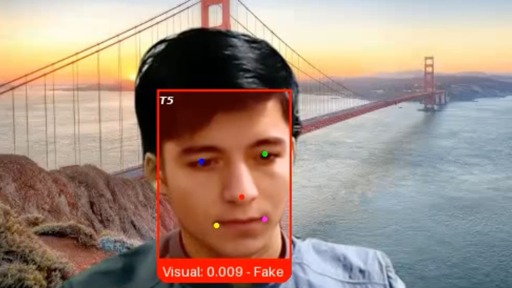(…) Companies have long fought off attacks from hackers hoping to exploit vulnerabilities in their software, employees or vendors. Now, another threat has emerged: Job candidates who aren’t who they say they are, wielding AI tools to fabricate photo IDs, generate employment histories and provide answers during interviews.
The rise of AI-generated profiles means that by 2028 globally 1 in 4 job candidates will be fake, according to research and advisory firm Gartner.
The risk to a company from bringing on a fake job seeker can vary, depending on the person’s intentions. Once hired, the impostor can install malware to demand ransom from a company, or steal its customer data, trade secrets or funds, according to Balasubramaniyan. In many cases, the deceitful employees are simply collecting a salary that they wouldn’t otherwise be able to, he said.



Looks like a comeback at fake job posts: https://www.forbes.com/sites/rachelwells/2024/08/13/36-of-job-adverts-are-fake-how-to-spot-them-in-2024/
“An eye for an eye”…